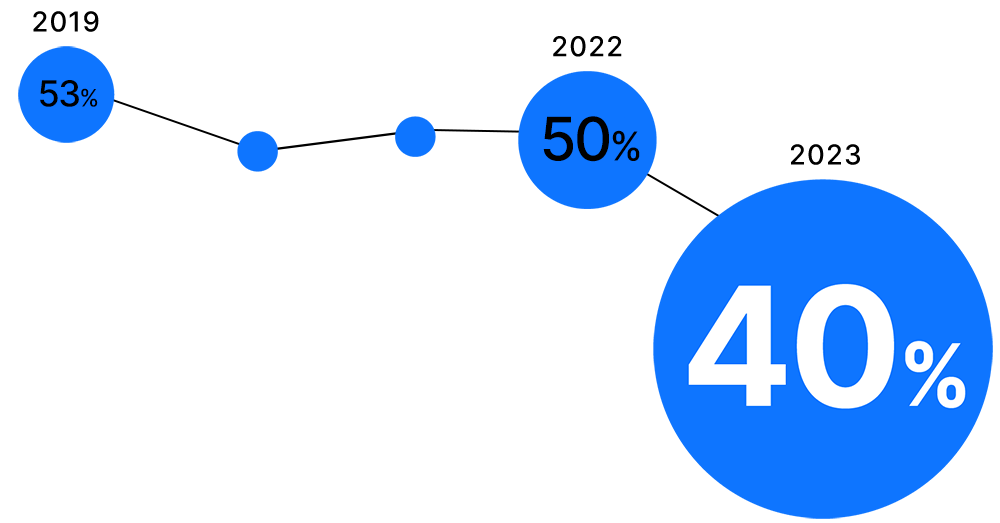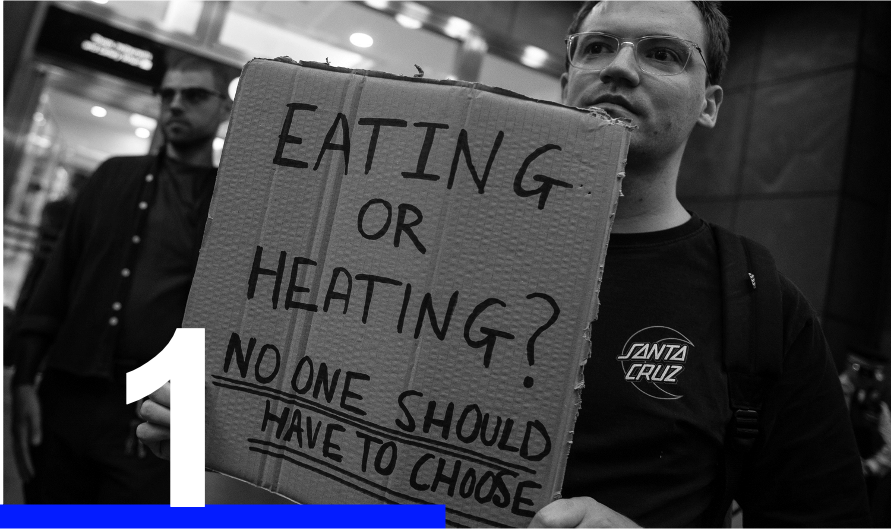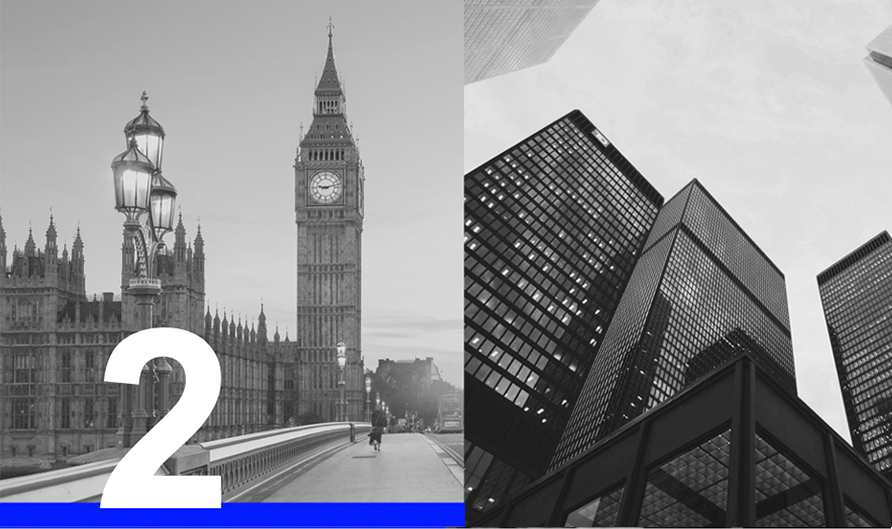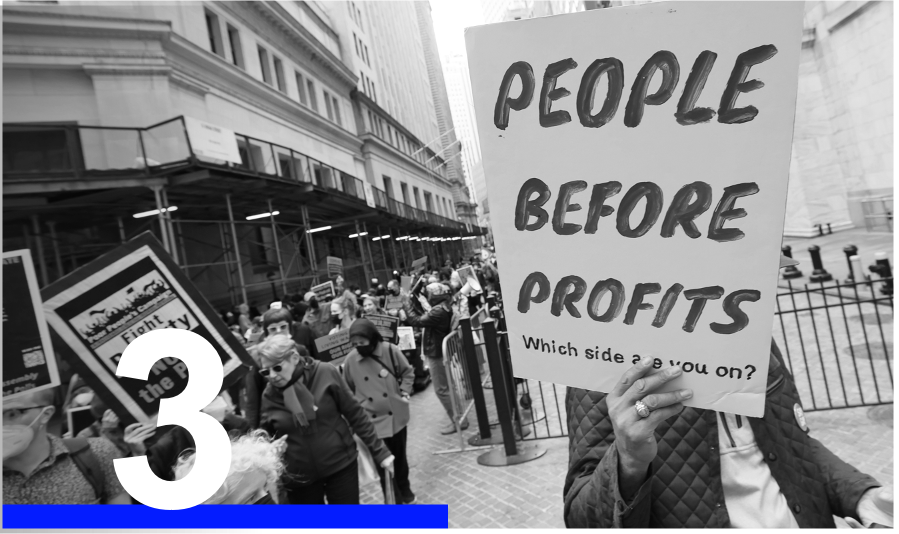Social fabric weakens amid deepening divisions
A lack of faith in societal institutions triggered by economic anxiety, disinformation, mass-class divide and a failure of leadership has brought us to where we are today – deeply and dangerously polarised.
- Business is the only institution seen as competent and ethical.
- Fifty-three percent of respondents globally say that their countries are more divided today than in the past.
- CEOs are obligated to improve economic optimism and hold divisive forces accountable.
Economic optimism collapses
People now fear for their economic future without a trust safety net. Only 40% of respondents say they and their families will be better off in five years, a 10-point decline from 2022.

Distrust breeds polarisation
Very few would help, live near, or work with someone who disagreed with their point of view:
would help them if they were in need.
would be willing to live in the same neighbourhood.
would be willing to have them as a coworker.
Explore the global findings
Great expectations result in heightened risk for business
Even among those who see their country as polarised, my employer is the only trusted institution. 
While people want business to do more on social issues, it risks being politicised when engaging on contentious issues.
Explore the global findings
The Way Forward
1.
Business is expected to act
As the most trusted institution, business should leverage its comparative advantage to inform debate and deliver solutions on climate, DEI, and skill training.
2.
Collaborate with government
Business and government can build consensus and collaborate to deliver results that push us towards a more just, secure, and thriving society.
3.
Restore economic optimism
Invest in fair compensation, training, and local communities to address the mass-class divide and the cycle of polarisation.
4.
Advocate for the truth
Be a source of reliable information, promote civil discourse, and hold false information sources accountable.
The Trust 10
01
Business is seen
as competent and ethical
01
Business has increased its ethics score for the third straight year, rising 20 points since 2020. It is the only institution viewed as both competent and ethical.
02
Institutional imbalance
02
Globally, there is an 11-point gap between trust in business and trust in government: 62% trust business, while only 51% trust government.
03
Mass class divide
on trust
03
Those in the top quartile of income are more trusting than those considered low income. Double-digit trust inequality exists in 21 of 28 countries surveyed.
Highlights from the UK supplementary study
Hardship & institutional distrust

Record levels of pessimism, a growing sense of inequality, and strong beliefs that the country is on the wrong track illustrates a concerning and bleak outlook in the UK. Alongside this consensus of pessimism, trust in government has fallen to a 7-year low with trust in leading politicians and politics also at low levels.
A nation seeking new direction

There is clear division and uncertainty on how to deal with the substantial difficulties facing the country but strong demand for new thinking, new ideas, even a new political movement to show leadership in turbulent times. The substantial challenge for institutions is to create a new, compelling and tangible vision to meet the demands of a public low on trust.
Rebuilding trust

To rebuild trust and navigate the nation away from turmoil, institutional leaders must demonstrate the conviction, substance and charisma to engage the public with a new way forward. Government and business must work in partnership, to rekindle and rebuild trust in their ability as positive forces for recovery and progress.
"This year’s study exposes a public thirst for change and new ideas to restore trust, fuel optimism, and make a positive difference to people’s lives."

Ed Williams, President & CEO şÚÁĎÉçEMEA
şÚÁĎÉçAnalysis: The UK’s political trust deficit may be failing every one of us, but there is an answer. If only our political leaders would grasp it.
Explore the UK findings
Watch our launch event
On Wednesday, 1 March, 2023 we hosted the 2023 şÚÁĎÉçTrust Barometer UK launch event. This year’s findings were presented by Ed Williams, President & CEO, şÚÁĎÉçEMEA, followed by a keynote from The Rt Hon Penny Mordaunt MP, Lord President of the Council and Leader of the House of Commons, and an in-conversation with Ruth Warder, Co-CEO, UK, & EMEA Brand Chair, Edelman.

